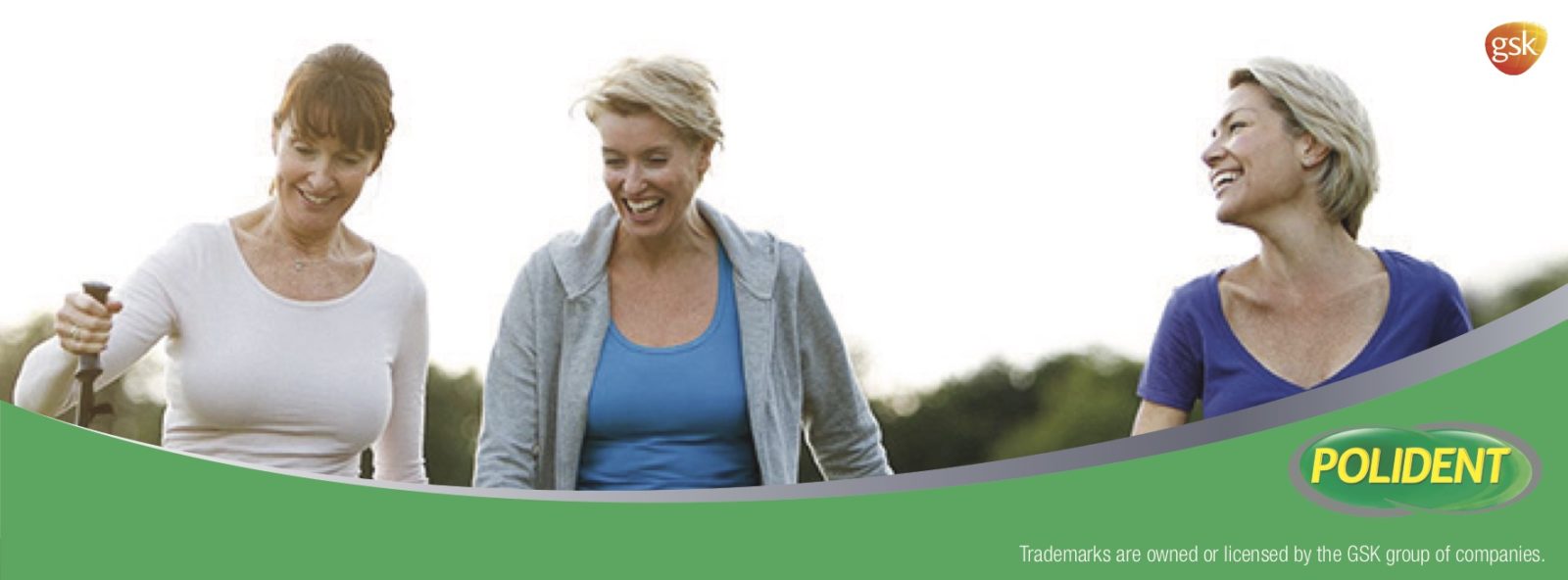Susie Elelman reveals why she still works hard at looking good at 64

Self-esteem is something everyone’s told they should have, but it’s not always easy to obtain or maintain.
That’s especially true as people get older, with psychologists finding that confidence tends to peak at the age of 60 but starts to fall around the time of retirement, as the stable employment and lifestyle patterns set up over decades change and troublesome health issues creep in.
But who wants to spend what’s likely to be a long retirement with low self-esteem, when research shows personal confidence can mean better health, stronger ties between spouses and an easier time making and keeping social connection.
That’s especially true when having those social connections with family, friends and a community in later life is linked to a lower risk of disease, healthier blood pressure and even a lower likelihood of suffering from obesity.
Author, TV & Radio Broadcaster Susie Elelman says that taking pride in her appearance is one of the ways she boosts her own self-esteem, so she’s happy to get out and enjoy the benefits that social interactions provide.
“I think it’s vital to take pride in ourselves as we get older because we want to still be relevant and be around people,” the 64-year-old told Starts at 60.
“That’s not to say we should try and look like we’re 20 or 30, but I think to be able to maintain looking as best as we possibly can so that we feel confident to go out and greet and meet people.”
For Susie, it’s the combination of taking care of herself inside and out that motivates her to make lunch and dinner plans with friends, go for walks and attend the cinema and theatre.
“The pride in myself is what keeps me going,” she says. “I look after my skin, I drink lots of water, I don’t drink alcohol, I try and be careful what I eat, although I go off the rails from time to time. I’m very conscious of my health and well-being.”
The Studio Ten panelist and former talkback radio host explains that having the motivation to socialise is particularly important for people whoare single and live alone, as she does.
“If you feel good, then you do make the effort to do things,” Susie notes. “If I want to hear somebody else’s voice and get other people’s opinions, it’s important I keep up a social life.”
Susie’s thoughts are borne out by research that shows self-esteem is strongly tied to how happy a person is with their physical appearance. And that as people get older, feeling socially accepted and having quality relationships become even more important to maintaining that feeling of confidence.
But she acknowledges that it can be easy for older Aussies to let health problems or worries about appearances stop them from nurturing their links to family, friends and the community.
For Susie’s own brother, an experience with ill-fitted dentures left him inadvertently avoiding social catch-ups where food was involved.
“What he found was that he wasn’t going out and meeting up with friends, particularly not out socially for a cup of coffee and a bite to eat because he couldn’t chew his food properly,” she recalls.
“He didn’t realise it was happening, it wasn’t kind of a conscious thing of, ‘oh, my teeth don’t fit properly so I’m not going to go out’,” Susie explains. “And, obviously, once he realised it, it was an easy fix.
“Often you can find it’s your own mental restrictions that are keeping you like that. If things happen to us health-wise, sometimes we have to look at what we have, not what we used to have – utilise that aspect to be able to do what you can do, not sit at home and say, ‘I can’t do anything’.”
When it comes to wearing devices or prosthetics such as today’s discrete hearing aids or well-fitting, natural-looking dentures, Susie points out that if a device or prosthetic boosts a person’s self-esteem and makes it easier to socialise, it should be celebrated!
“I think people now accept the fact that there’s so much out there for people to look after their teeth in one way or another,” she says, for example. “There’s nothing wrong with having dentures or having implants or whatever it is. I think that stigma is long gone.”
Susie recommends that people who’ve found themselves becoming more withdrawn to slowly reintroduce social interaction into their lives, be it through volunteering or finding a new interest that can be pursued with other people.
“Giving up to me is not an option,” she insists. “It’s like the word ‘bored’ – it’s just not in my vocabulary. I have way too many things to do and even more things I want to do to ever be bored!
The best advice I can give people, who think they have lost their confidence to go out and make new friends, is to volunteer to help at a local community service organisation or join a social group of like-minded people and start from there. It’s like riding a bike; you never forget the basics and it gets smoother and easier the more you do it.”
Has your self-esteem improved or diminished since you hit your 60s? What do you do to give yourself a confidence boost?
IMPORTANT LEGAL INFO This article is of a general nature and FYI only, because it doesn’t take into account your personal health requirements or existing medical conditions. That means it’s not personalised health advice and shouldn’t be relied upon as if it is. Before making a health-related decision, you should work out if the info is appropriate for your situation and get professional medical advice.

To give you that extra confidence and comfort, Polident denture adhesive can help seal out food particles, so you can enjoy a wider variety of your favourite foods.








 Proudly Australian owned and operated
Proudly Australian owned and operated